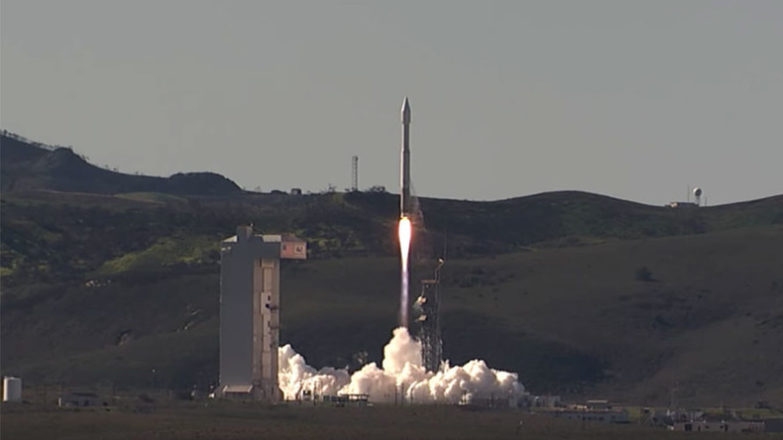The United States has launched its second mystery spy satellite in under three weeks. The NROL-52 satellite took off into space early morning on Oct. 15 on a United Launch Alliance (ULA) Atlas V rocket, which lifted off at 3:28 a.m. EDT (0728 GMT) from Cape Canaveral Air Force Station in Florida. The launch came after over seven days of postponements because of climate and a speculate telemetry transmitter that must be supplanted.
An Atlas 5 likewise gave the ride to the NROL-42 observation satellite, which propelled on Sept. 24 from California’s Vandenberg Air Force Base. Both NROL-42 and NROL-52 were worked by the U.S. National Reconnaissance Office (NRO), which works the country’s armada of spy satellites. NRO missions have a tendency to be characterized, so it’s vague what precisely NROL-52 will take a gander at as it flashes around Earth in its undisclosed orbit. The present launch — which was postponed two days by awful climate and afterward by another week to replace a telemetry transmitter on the rocket— was the 26th that ULA has accommodated the NRO and the 74th flight for the Atlas V by and large. These missions have been effective to date.
The liftoff was a piece of a bustling week in spaceflight. For instance, on Monday (Oct. 9), a SpaceX Falcon 9 rocket propelled from California’s Vandenberg Air Force Base, conveying 10 communications satellites to orbit for the organization Iridium. Likewise in action on Monday were Japan’s H-2A rocket and China’s Long March 2D supporter, which lobbed a Japanese route satellite and a remote-detecting satellite for the Venezuelan government, individually. At that point, on Wednesday (Oct. 11), SpaceX propelled the SES 11/EchoStar 105 interchanges satellite from NASA’s Kennedy Space Center, which is by Cape Canaveral Air Force Station. That liftoff included a Falcon 9 rocket with a pre-flown first stage.
Both Falcon 9 missions likewise included effective touchdowns by the rockets first stage. Landing and afterward re-flying rockets (and shuttle) is a key piece of SpaceX’s arrangement to help colonize Mars, the upgraded version of which organization originator and CEO Elon Musk uncovered toward the end of last month at a gathering in Australia.
Carolyn is a technology graduate and loves to write about anything related to technology as well as writes in others sectors. Carolyn is a professional writer with over 7 years of experience. Initially starting off as a programmer, Carolyn decided to combine her knowledge about technology and writing and that’s how she joined Reporter Expert.
